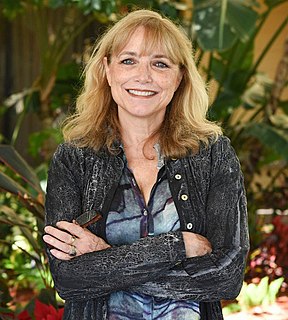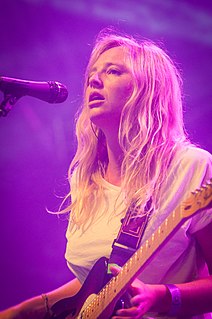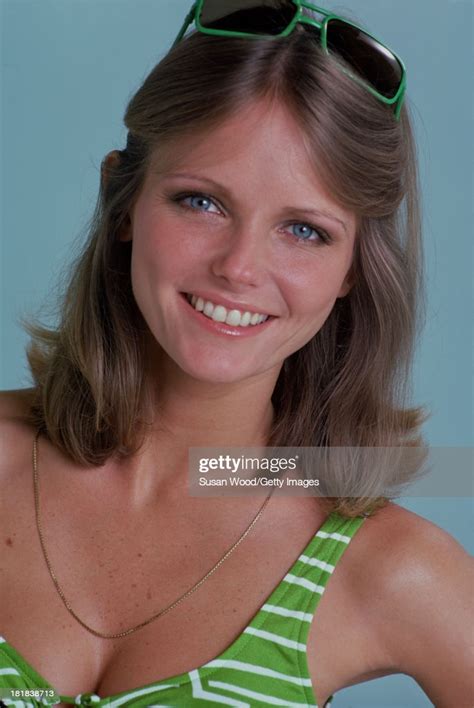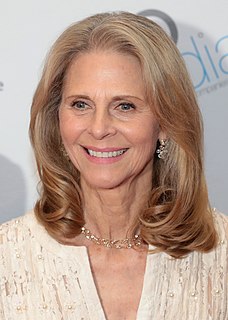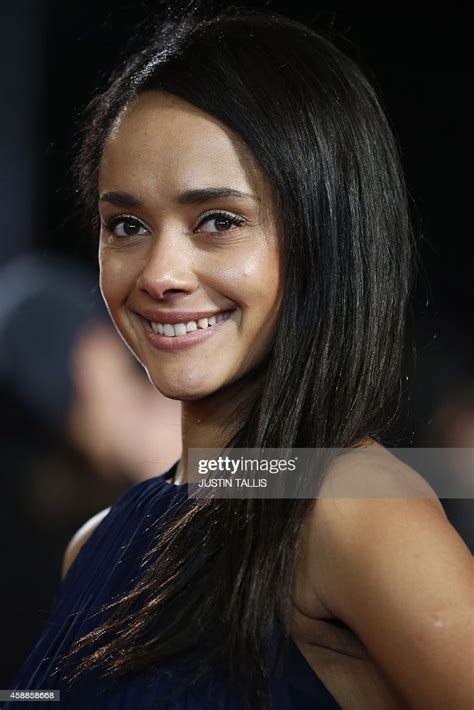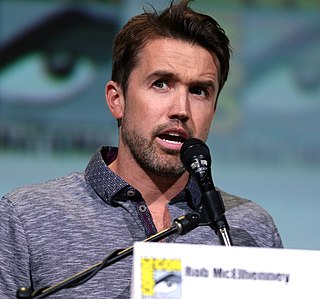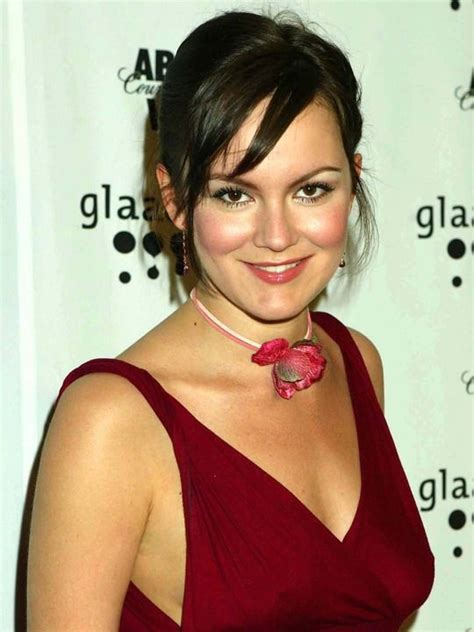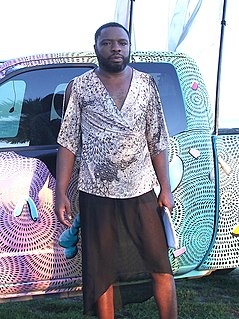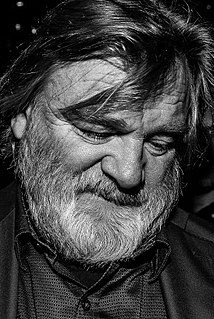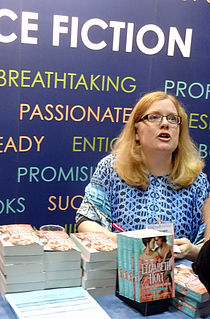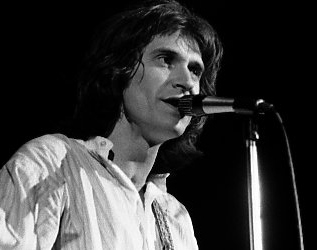A Quote by Hugh Grant
There was a phase in my career in my late 20s and 30s when I was doing strange, arty-farty Euro films that were, you could tell, never had much chance of any release anywhere in the world.
Related Quotes
There was a time in my late teens and early 20s where I was motivated by this wanting to get out, to prove to the world that I had something to offer - that kind of youthful spirit, where maybe I had my eye on fame and fortune. I mellowed out in my late 20s and now that I'm in my early 30s, I'm coming to peace with it.
The other thing that I got back then - the Parker novels have never had much of anything to do with race. There have been a few black characters here and there, but the first batch of books back then, I got a lot of letters from urban black guys in their 20s, 30s, 40s. What were they seeing that they were reacting to? And I think I finally figured it out - at that time, they were guys who felt very excluded from society, that they had been rejected by the greater American world.
My grandfather played a mandolin, so I got my hands on that. Then on down to a banjo, and I found I couldn't play any kind of soft or mournful music with that so I took up the fiddle in my late 20s or early 30s - and that was far too late. But it keeps me off the streets. It has been a love of mine since I was 17 maybe.
I pretty much started out writing full time. I was an at-home mom and when my youngest entered kindergarten, I started writing. I was 35, and before that I really hadn't written at all. Which means, I guess, that a) it's never too late to start a writing career (or any career you really want) and b) it's OK to get to your mid-30s and still not know what you want to be when you grow up.


